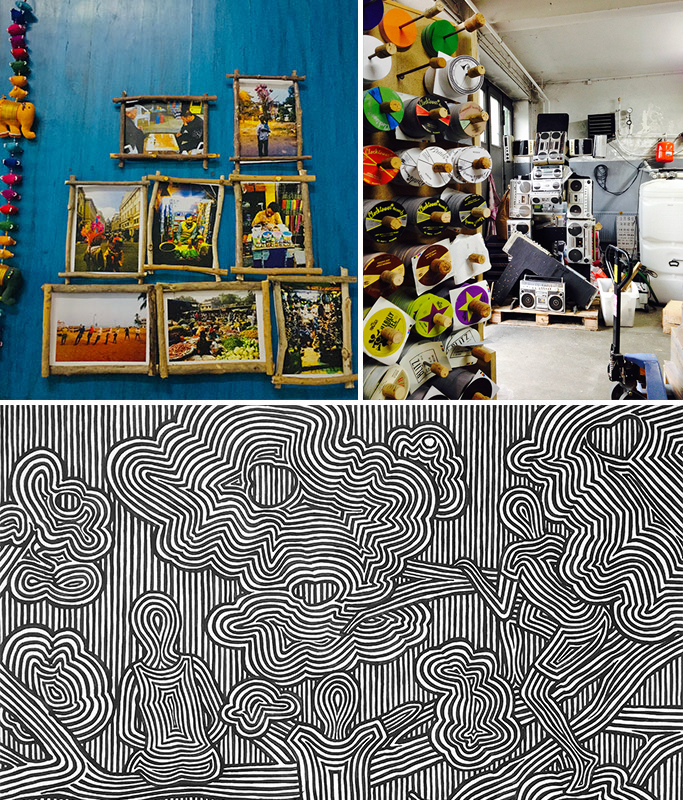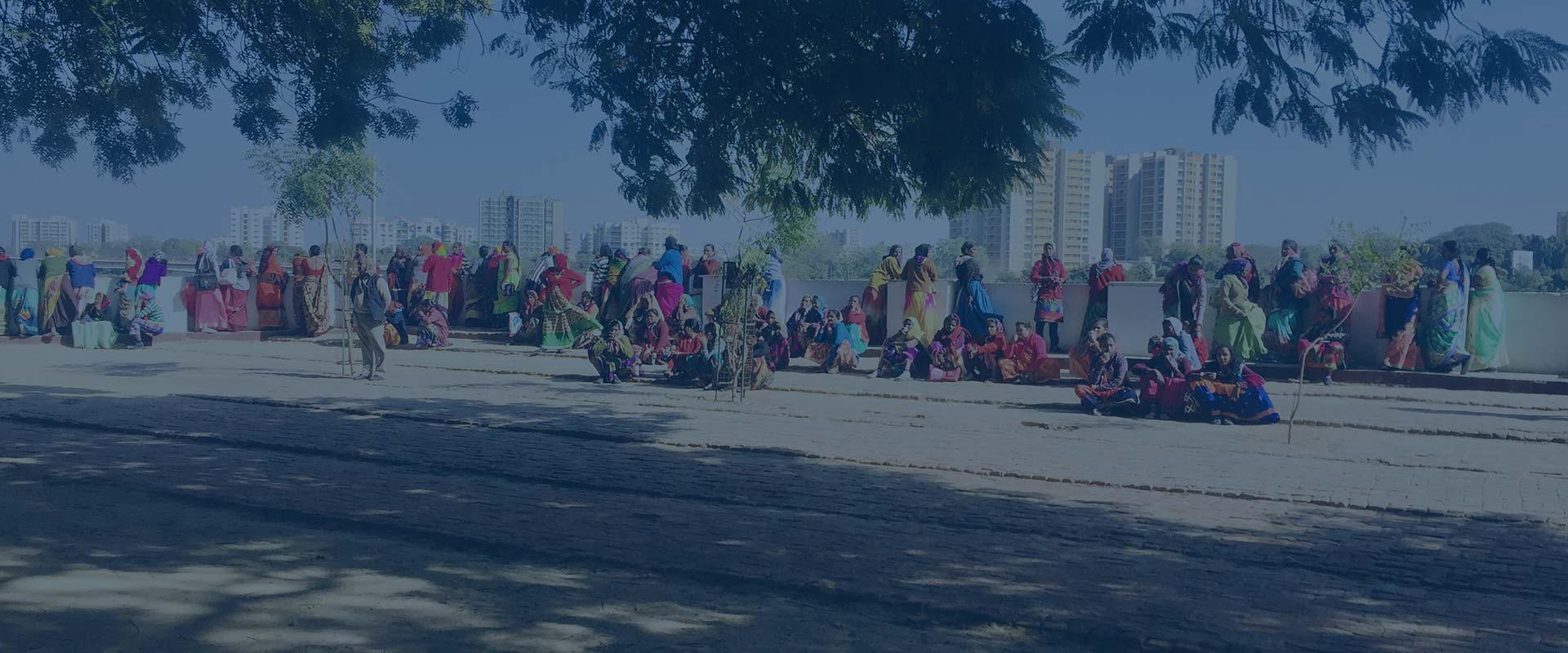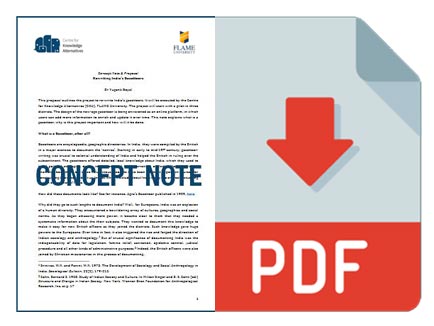
How can we know about our local regions, our districts, each having their own stories to celebrate, as well as their own developmental challenges? In the presence of centralized, homogenizing impulses, how do we preserve their diverse stories and evolve unique responses to those challenges?
How could the new vision of gazetteers in the 21st century be cast?
They need to depart from the colonial narratives and framework that existed earlier. Modern understanding of gazetteers limits it to being a catalogued directory of a place.
We want to depart from both the traditional as well as modern role of this product. This, therefore, would be an unprecedented product. Nothing like this exists to draw a comparison with. Rather, to claim this project would be developing a gazetteer would be an understatement to the final output and its possible uses. In fact, such re-imagination means they are more than just gazetteers. They are District Cultures and Data Collective.
And our idea is to go beyond the books, to develop a web-based online portal which can be accessed by anyone. This will be an open-source platform, allowing for user-generated content, so that people can enrich the platform with their own stories and the administrative departments can also populate more information to update the data-base.
It will be meaningfully illustrated so as to act as a knowledge resource for government, businesses and even curious visitors. The portal will be characterized by spatial imagination through extensive use of maps, and filled with illustrative graphs that enable us to see the trends.
They will also enable populating photographs and videos that will allow people to see the information come alive, and the ways their regions have been changing with time.
-
The end product will stand for:
- Distilling an identity and soul of the place
- Cultivate a new citizenry
- Allow for more rigorous policy analysis
- Assist businesses in understanding the local markets
- Record folklores and memories
- Encourage transparency and democratize information, and finally
- Help us imagine our unique, preferred futures
This is an exercise of listening to a district, and retelling the music.
Here is the Concept Note of the Project.


